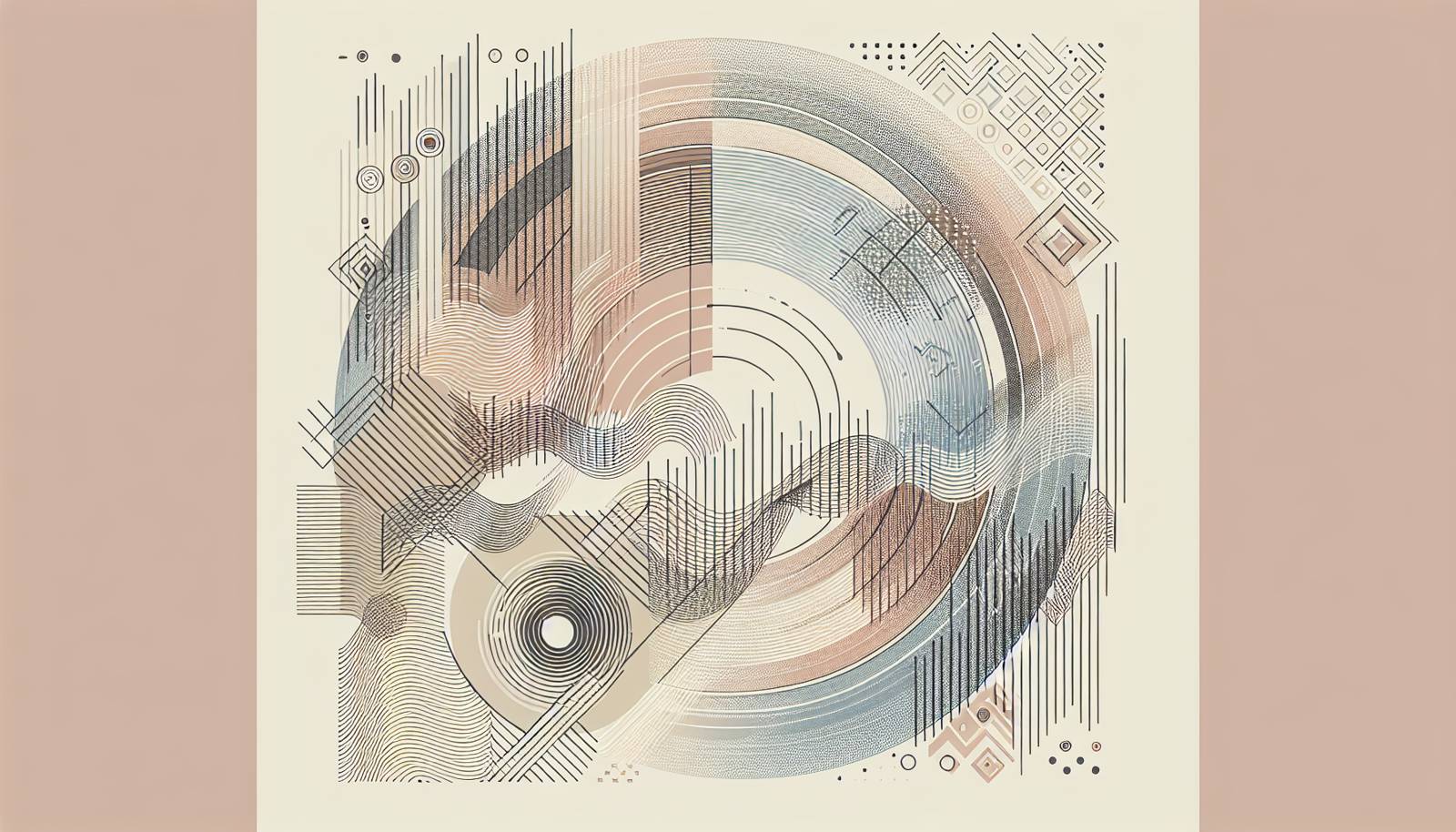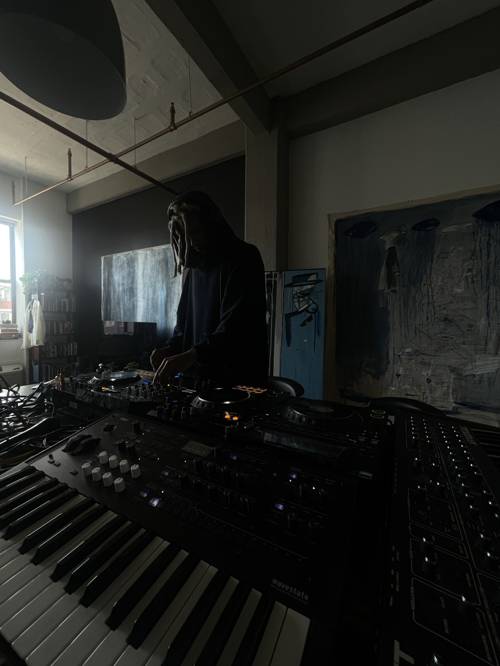
FAQ About The Cultural Impact of Experimental Music Genres

What defines an experimental music genre?
Experimental music genres are characterized by their incorporation of unconventional sounds and structures, often challenging traditional norms of rhythm, harmony, and melody. These genres push the boundaries of music by exploring new techniques, technologies, and perspectives.

How does experimental music influence mainstream music?
Experimental music often serves as a testing ground for new ideas and sounds that eventually permeate mainstream music. By introducing unique elements and challenging pre-existing notions of music composition and production, experimental genres can inspire commercial artists to innovate and diversify their sound.

Can you name some examples of experimental music genres?
Examples of experimental music genres include avant-garde, noise music, musique concrète, glitch, minimalism, and ambient. Each of these genres explores different aspects of sound and structure, pushing conventional music limits.

How do experimental music genres contribute to cultural diversity?
Experimental music genres contribute to cultural diversity by blending influences from various cultures and traditions, creating a space for cross-cultural collaboration and innovation. They often encourage musicians to incorporate a diverse range of elements into their work, promoting inclusivity and global dialogue.

In what ways do experimental genres foster creativity?
Experimental genres foster creativity by encouraging musicians to break away from traditional music rules and explore new methods of expression. This openness leads to the development of unique sounds and concepts, inspiring artists to think outside the box and continuously innovate.

What impact have experimental music genres had on music technology?
Experimental genres have significantly impacted music technology by prompting the development of new instruments, software, and recording techniques. They drive innovation in sound design and production, influencing how music is created and experienced.

Are there any famous artists known for their work in experimental music?
Yes, several renowned artists have dabbled in experimental music. These include John Cage, Brian Eno, Meredith Monk, and Yoko Ono, all of whom have been influential in expanding the boundaries of what music can be.

How does the audience typically respond to experimental music?
Audience reactions to experimental music can vary widely. While some listeners appreciate the creativity and innovation, others may find it challenging due to its departure from traditional musical structures. However, it often garners a dedicated following that values exploratory and avant-garde approaches.

Why are experimental music genres important to music history?
Experimental music genres are crucial to music history because they act as catalysts for change and innovation. By continuously challenging and expanding the boundaries of what music can be, they have played a significant role in shaping the evolution of music throughout history.

What challenges do experimental music artists typically face?
Experimental music artists often face challenges such as limited mainstream appeal, funding difficulties, and the struggle to find venues and platforms willing to support unconventional music. Despite these barriers, many artists pursue these genres due to their passion for innovation and expression.

How do experimental genres impact listeners' perceptions of music?
Experimental genres can significantly alter listeners' perceptions of music by exposing them to unconventional sounds and structures. This exposure encourages audiences to rethink preconceived notions of what music should be, fostering an appreciation for diversity and creativity in the musical landscape.

What is the role of collaboration in experimental music genres?
Collaboration plays a vital role in experimental music genres by bringing together artists from diverse backgrounds, each contributing unique perspectives and techniques. This collaborative effort often results in innovative music that transcends traditional genre boundaries, creating a richer and more dynamic musical experience.

Have experimental music genres influenced other art forms?
Yes, experimental music genres have influenced other art forms, particularly in visual arts and performance art. The unconventional approaches to sound and composition in experimental music often inspire artists in other fields to explore new ways of expressing concepts and emotions.

How do experimental music genres differ from traditional music genres?
Experimental music genres differ from traditional genres primarily in their approach to composition and performance. They emphasize innovation, exploration, and breaking musical norms, whereas traditional genres often adhere to established structures and conventions.

What are some common misconceptions about experimental music?
Common misconceptions about experimental music include the belief that it is disorganized or random, or that it lacks musicality. In reality, experimental music often requires a deep understanding of musical theory and creativity, allowing artists to carefully construct innovative soundscapes.

What role do experimental music genres play in music education?
In music education, experimental genres play a crucial role by exposing students to a broader range of musical possibilities. They encourage critical thinking, creativity, and openness to new ideas, which are important skills for emerging musicians and composers.

How do technology and experimental music genres interact?
Technology provides the tools necessary for experimental music creators to explore new sonic territories. Digital software, electronic instruments, and recording innovations have expanded the possibilities for sound manipulation, enabling composers to realize complex, unconventional ideas more effectively.

Are there specific cultural movements associated with experimental music?
Yes, many experimental music genres have been linked to broader cultural movements, such as the counterculture movements of the 1960s and 1970s. These movements often embrace experimentation and non-conformity, aligning well with the ethos of experimental music.

How do experimental genres contribute to music festivals and events?
Experimental genres contribute to music festivals and events by offering diverse programming that exposes audiences to new and innovative music. They often feature collaborations and performances that challenge traditional concert experiences, providing unique and memorable encounters for festival-goers.

What future trends might we expect in experimental music genres?
Future trends in experimental music genres may include increased integration of artificial intelligence and machine learning in creation and performance, continued cross-genre collaboration, and the exploration of virtual and augmented reality to create immersive sonic experiences.
